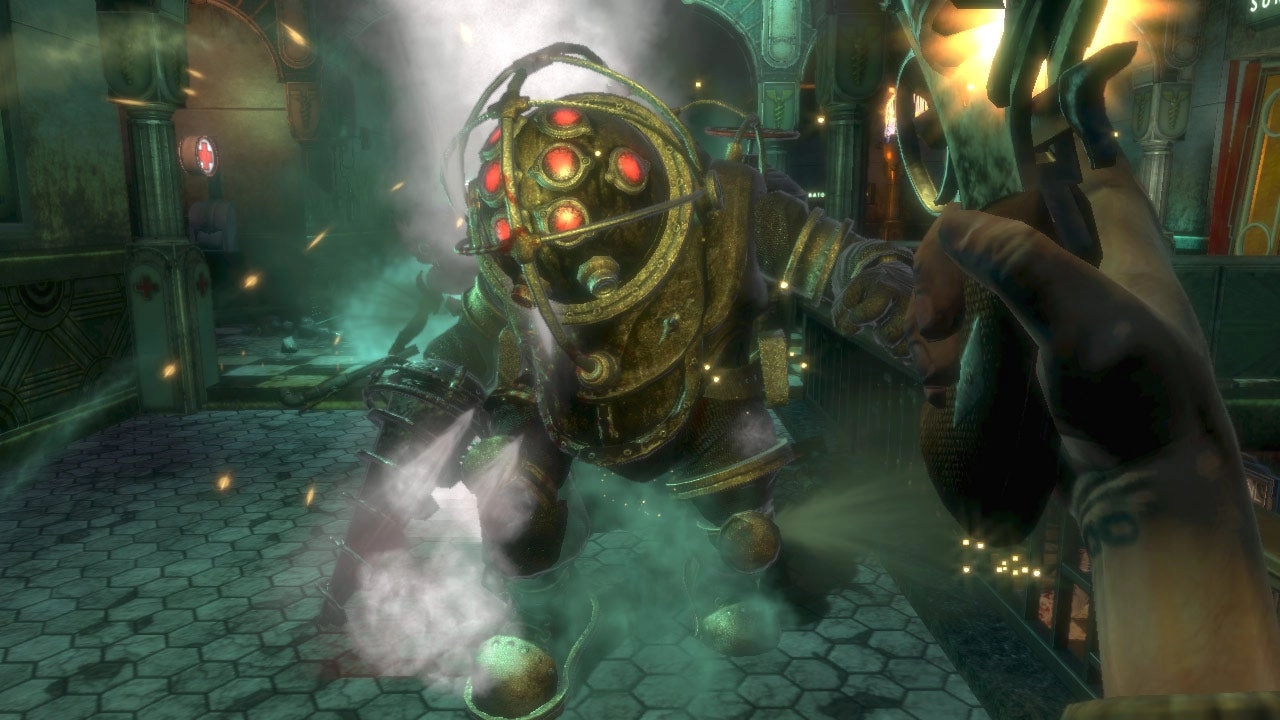
The 2023 Game Awards ceremony met with its fair share of criticisms as it juggled advertisements, celebrity appearances, and swift acknowledgment of winning developers. Obsidian's Josh Sawyer notably dubbed it an “embarrassing indictment of a segment of the industry desperate for validation via star power.” These critiques, though warranted, emphasize an industry attempting to find its equilibrium in a balance act between glamor and substance. To grasp the progression made thus far, we must delve into the annals of gaming history, particularly the 2007 Spike Video Game Awards — an event emblematic of the industry's not-so-distant past and a touchstone for measuring today's changes.
The Spike Video Game Awards has its own story, spanning a decade from 2003 to 2013 under the stewardship of Geoff Keighley. These awards set the stage for the Game Awards we know today, emerging after the original show's retirement. The 2007 installment of the Spike Video Game Awards held a certain notoriety, serving as a cautionary tale of excess.
Hosted by none other than Samuel L. Jackson, the opener of 2007's ceremony touched on risqué humor, a sign of the over-the-top nature to come. The awards swung for the sensational, with categories such as "Hottest Newcomer," which Kristen Bell snagged for her role in Assassin's Creed. The star-studded event did not shy away from appearances by celebrities barely connected to gaming, featuring icons like Tila Tequila and performances by Kid Rock. It was a blend of mainstream Hollywood with the burgeoning video game industry in a cotillion that sometimes felt more uncomfortable than celebratory.
The evening's finale, marked by the Game Of The Year announcement, distilled the event's chaotic essence. Rachel Bilson and Hayden Christensen stood on stage, ready to unveil the winner — BioShock. But the moment was hijacked by Gamecock, a short-lived publisher whose founders staged a promotional stunt, upstaging Ken Levine before he could articulate his gratitude. The act, though scandalous at the time, was overshadowed by the ceremony's other outrageous theatrics.
Here’s the visual proof, an accessible snippet of this bygone era. Behold the 2007 Spike Video Game Awards:
From the onset, Jackson explained that the award winners would be presented by mostly nude women adorned in thematic body paint, a choice that would likely be condemned by today's standards. The memorable way BioShock's win was showcased exemplified this approach: with the camera panning to a painted representation of the game on a woman's body, a far cry from the more restrained presentations we've come to expect in recent ceremonies.
It's critical to contextualize these moments within the history of video game portrayal in the mainstream. The video game medium was struggling to solidify its identity against stereotypes of juvenility and casual disregard for substantial content. BioShock, often lauded as a narrative masterpiece, was caught in this struggle for recognition, tarnished by the broader entertainment industry's indulgence in surface-level antics. The Game Awards has evolved significantly since then — now, developers are "wrapped up" due to time concerns rather than outlandish publicity stunts.
Yet, the criticisms of today's Game Awards are still relevant as they underline ongoing tensions within the industry. The show's transition from crass extravagance to an event vying for legitimacy and industry respect is evident. Video games have always straddled the line between art and consumer product, and the award ceremonies that celebrate them mirror this duality.
By reflecting on the 2007 Spike Video Game Awards, we're reminded that growth often takes the form of small steps, not leaps. It's a testament to the maturation of a medium that continues to renegotiate its standing in the pop culture pantheon. Critics will continue to voice concerns, and viewers will measure the value of these ceremonies, as the conversation on what video gaming represents and how it should be acclaimed carries on.
While the 2007 Spike Video Game Awards might be considered an emblem of a less polished time in gaming history, it's a chapter worth acknowledging — not for what it celebrated, but for the conversation it continues to provoke. Watching the ceremony today is peering through a window into an era when the industry took different strides, ones that paved the way towards today's video game award ceremonies where achievements, even if still vying for limelight amongst entertainment giants, are beginning to stand on their own.
You must be logged in to post a comment!